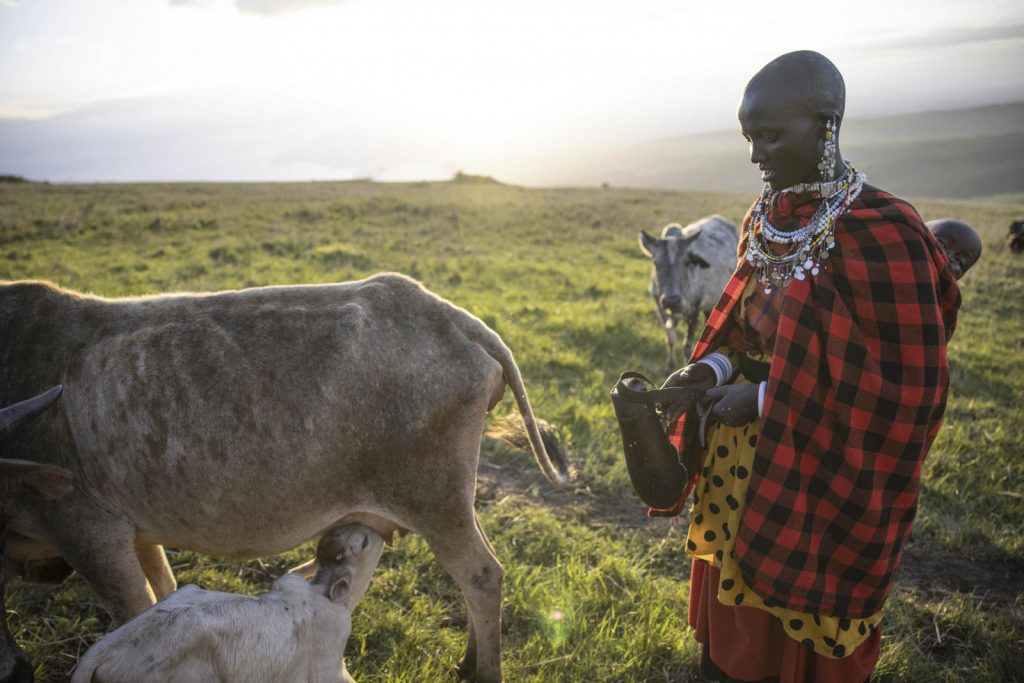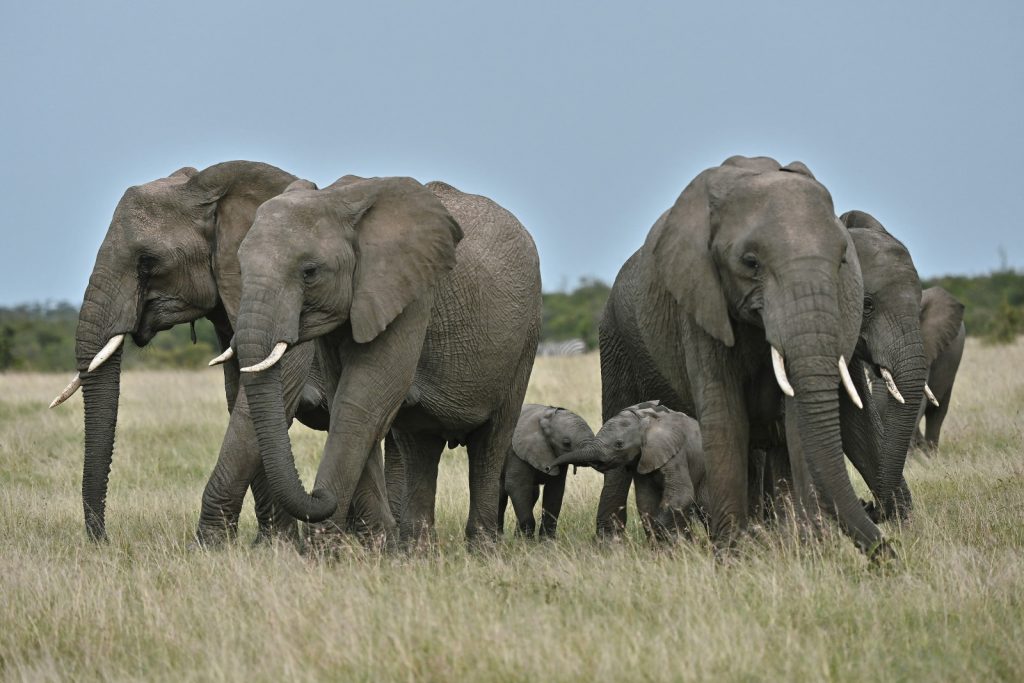Leaders from Maasai villages in Loliondo, northern Tanzania, have petitioned 16 embassies to help “swiftly neutralise the violent situation” as tensions rise over the government’s plans to evict thousands of pastoralists from their ancestral lands to make way for conservation, trophy hunting and safari tourism.
On 10 June 10, about 31 Maasai villagers in Loliondo, near the Serengeti National Park, which is part of the Ngorongoro Conservation Area, were injured in clashes with security forces, who used tear gas and fired live ammunition. The villagers were fighting the government’s demarcation of the boundaries of a 1 500km2 game-controlled area, which outlaws grazing and human settlements. A police officer was killed after allegedly being shot with an arrow.

More than 2 160 Maasai, mostly women and children, have fled to neighbouring Kenya seeking food, safety and medical treatment.
“Our situation is horrific,” said Yannick Ndoinyo, a Maasai leader. “I never thought that we would be refugees because of our land or any other reason.”
Human rights organisation Survival International said the violence is the “latest episode in a long-running effort” by Tanzania’s authorities to evict Maasai from their land to make way for tourism enterprises.
It said the United Arab Emirates-based Otterlo Business Company, a luxury game hunting company that runs hunting excursions for the country’s royal family and their guests, will reportedly control commercial hunting in the area.
Pastoralists livelihoods
The letter from the Maasai in Loliondo has been sent to the embassies of the United States, United Kingdom, Saudi Arabia, Germany, Sweden and Switzerland, among others, as major development partners of Tanzania.
It described how the Tanzanian government “has decided to forcefully demarcate community lands to form a game reserve without prior and informed consent of the Maasai indigenous peoples of Loliondo”.
“The recent act of the government … and the corresponding resistance from the community has resulted in the rampant and disorganised arrests, intimidation, displacement, and malicious court cases that have no legal grounds or even circumstantial evidence.”
The letter stated that the disputed land is the only refuge and dry season grazing land that perpetuates the life and cultural identity of the 75 000 Maasai, “and having already given away Serengeti in 1959, we hoped that the remaining land in Loliondo would be left for our customary uses, not to be designated as block for trophy hunting of the royal family from Dubai”.
‘Maasai extinction’
A statement by the Maasai in Loliondo, which was presented to negotiators finalising the proposed United Nations post-2020 global biodiversity framework last week, described how “the army is erecting beacons to bisect our only common homeland”.
“If we lose this land, then it will mark the end of us; we won’t be able to practice our ways of life, which will affect our spiritual and sacred connections, and therefore lead to our extinction.”
Their homeland has been turned into a hunting park for the wealthy.
“We have witnessed this killing of wildlife for fun since 1992, when the royal family from Dubai was given an open-ended licence to our village lands. The guns are now turned to us — the very people who have taken care of the environment and shared harmony, food, and peace with wildlife for time immemorial.”

They urged the world to “stand with us to push our government to stop the violence, withdraw the army from our land, and instead initiate an equal-floor dialogue as a peaceful way of addressing diverse interests while protecting our human and land rights”.
Onesmo Olengurumwa, of the Tanzania Human Rights Defenders Coalition, said: “Ninety-percent of our people in Ngorongoro depend on traditional pastoralism … if that land is no longer there, it means pastoralism is no longer there, which means hunger, starvation and poverty.”
Grave concern
UN human rights representatives expressed “grave concerns” about the continuous encroachment on traditional Maasai lands and housing, “accompanied by a lack of transparency in, and consultation with the Maasai indigenous peoples’ during decision making and planning”.
“We are deeply alarmed at reports of use of live ammunition and tear gas by Tanzanian security forces on 10 June, reportedly resulting in about 30 people sustaining minor to serious injuries from live bullets and the death of a police officer.”
Tanzania’s plans to displace close to 150 000 Maasai from the Ngorongoro Conservation Area and Loliondo “without their free, prior and informed consent, as required under international human rights law and standards” will cause irreparable harm, and could amount to dispossession, forced eviction and arbitrary displacement, all prohibited under international law”, according to UN human rights representatives.
“It could jeopardise the Maasai’s physical and cultural survival in the name of ‘nature conservation’, safari tourism and trophy hunting, ignoring the relationship that the Maasai have traditionally had with their lands, territories and resources and their stewardship role in protecting biodiversity.”
The African Commission on Human and Peoples’ Rights of the African Union has called for the urgent cessation of the Maasai evictions and said it was concerned by the “forcible uprooting” of the Maasai. It urged the Tanzanian government to ensure the plans were “carried out in full collaboration with and participation of the affected communities”.
The East African Court of Justice was due to issue a ruling on the same land on 22 June in a case filed by the village councils in September 2017 after violent evictions. It issued a subsequent court interim order to stop evictions until a hearing is delivered but this ruling has now been postponed to September.
The Mail & Guardian did not receive a response from the Tanzanian ministry of natural resources and tourism. Al Jazeera reported that on 10 June, Prime Minister Kassim Majaliwa told parliament there was no conflict and that his government was monitoring false reports on social media. Fiore Longo, of Survival International, said: “It’s no coincidence that 80% of biodiversity on Earth is found in indigenous lands — it’s because they’ve managed and protected their environments for millennia. Their land is everything …The only way to protect biodiversity is to recognise indigenous land rights.”
[/membership]